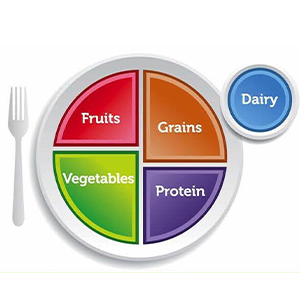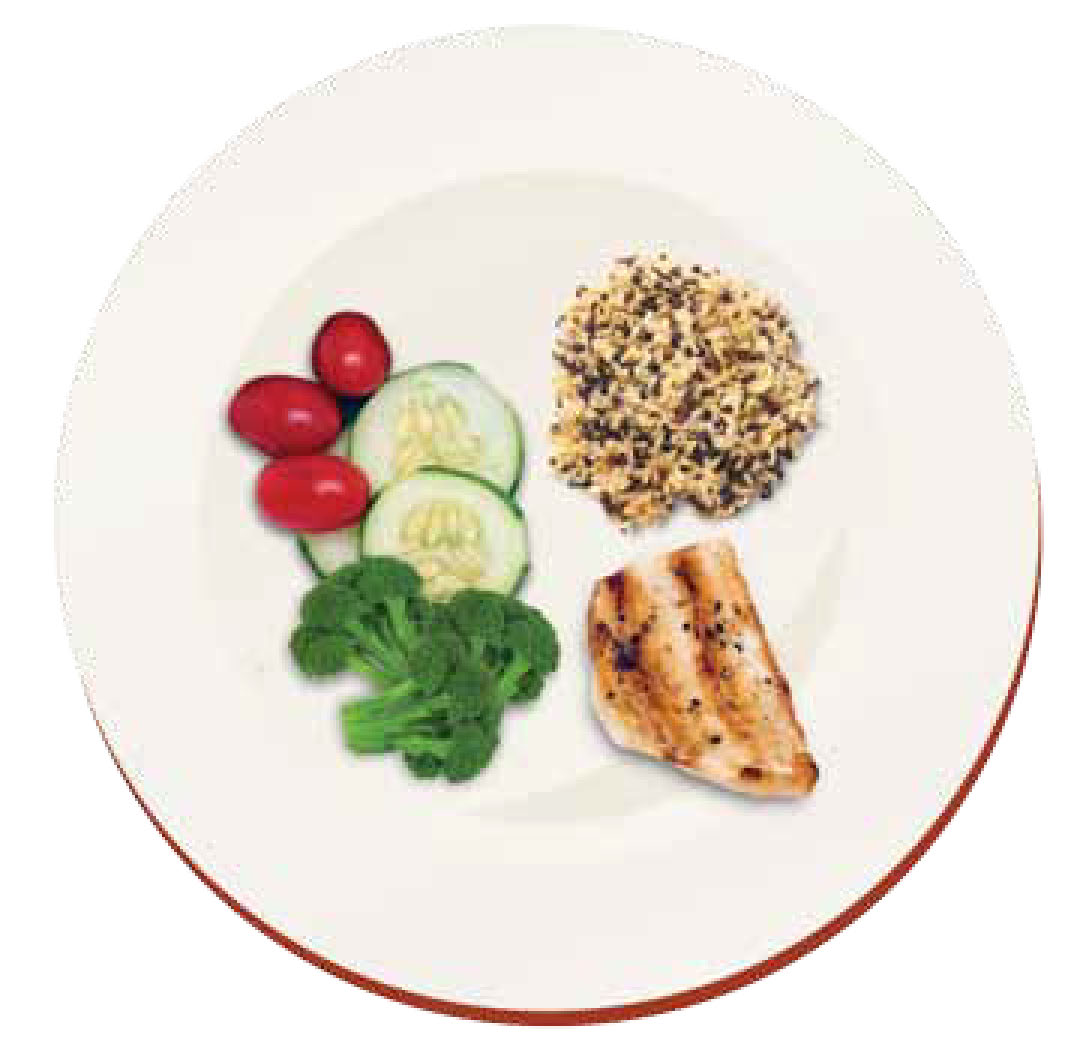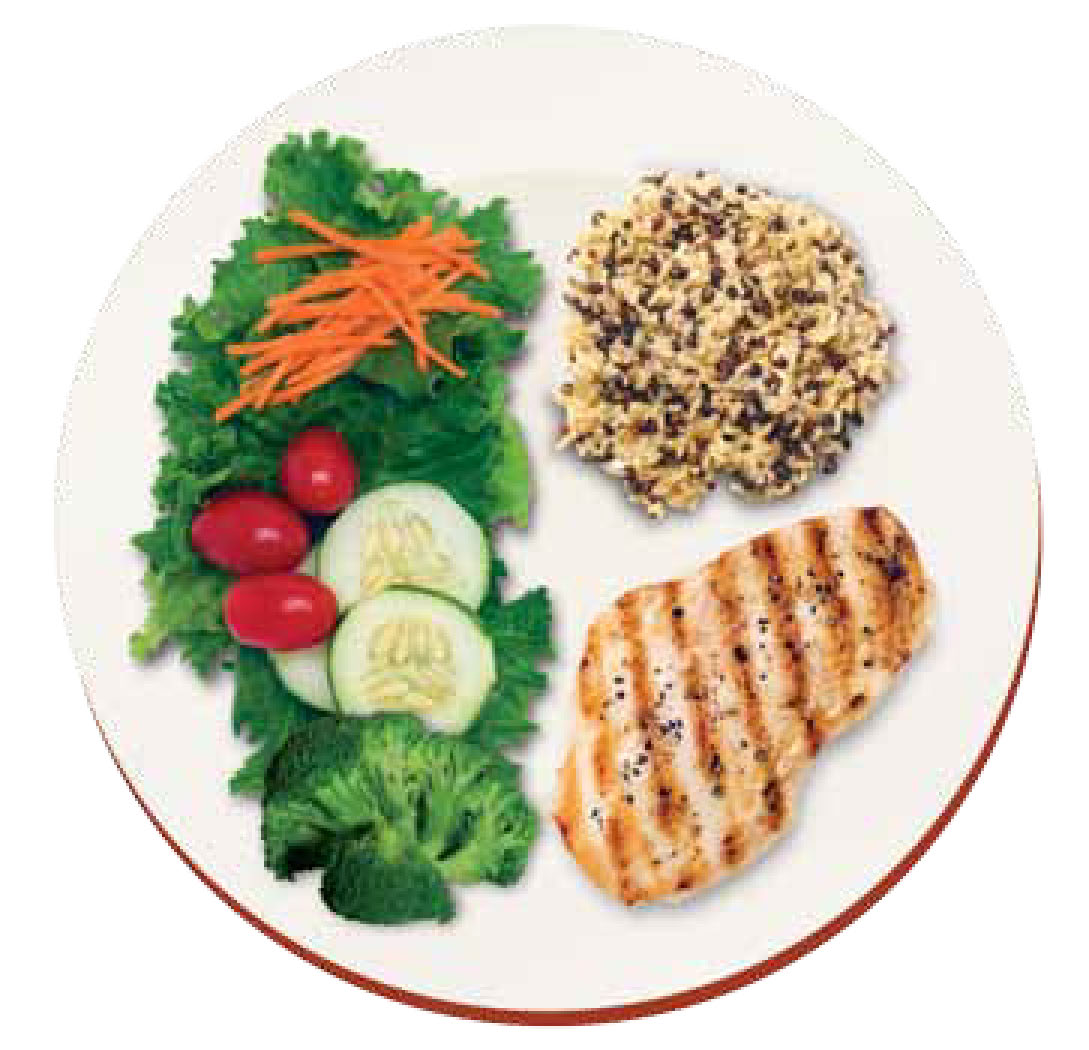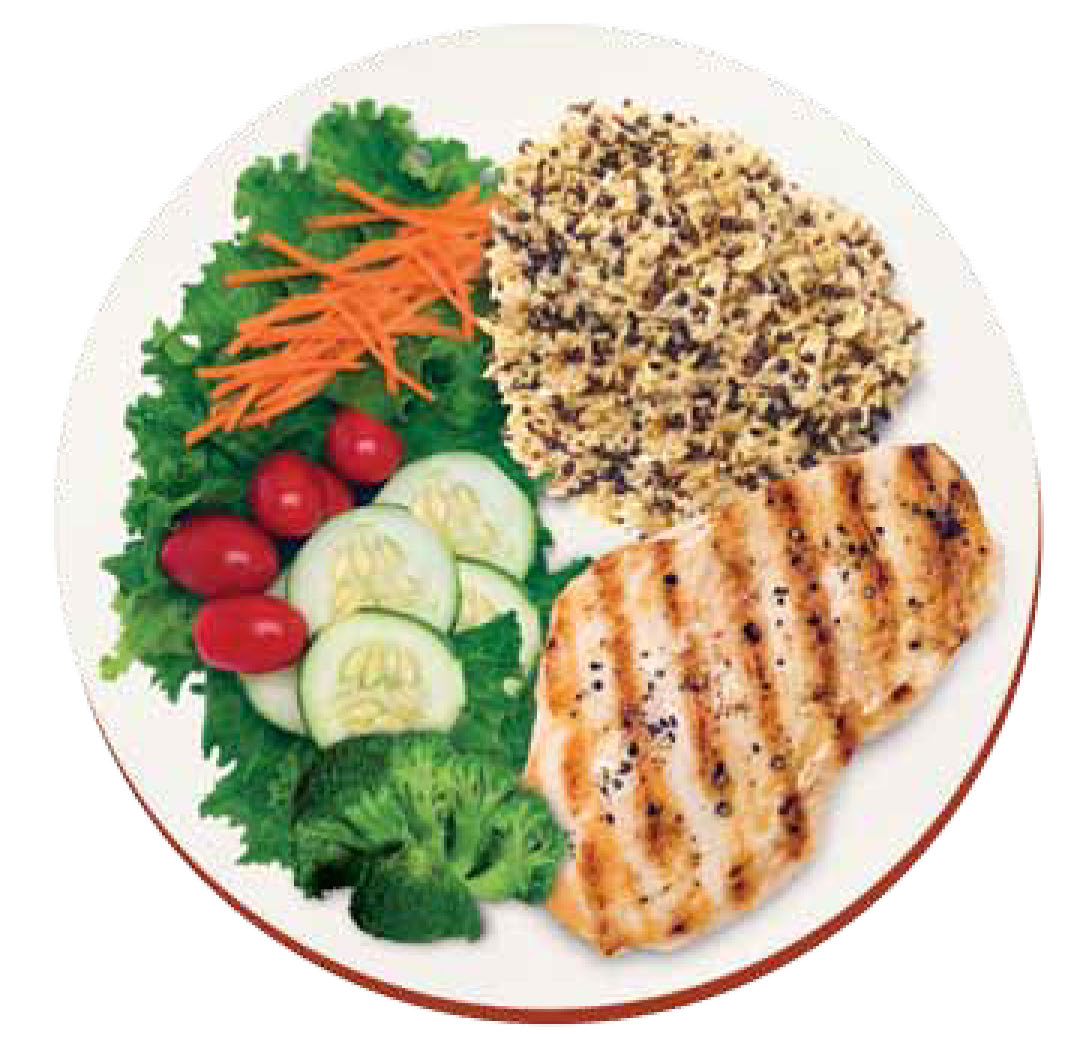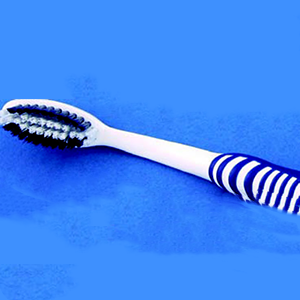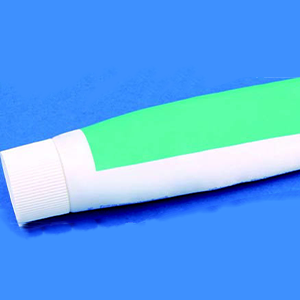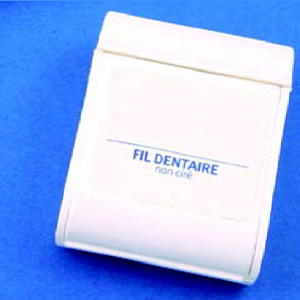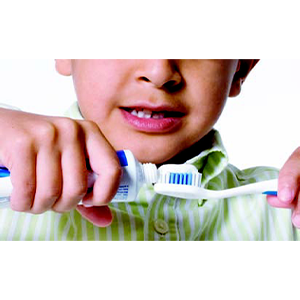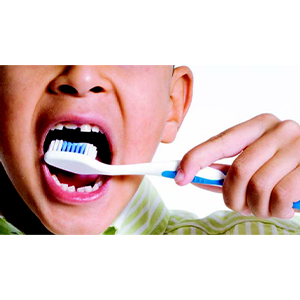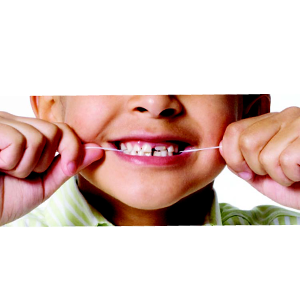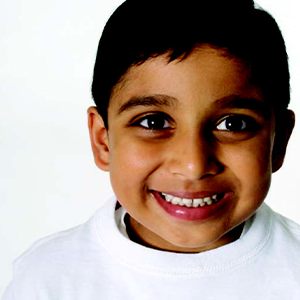Family
Ask your child about their school, activities, and about their worries. Tell them to talk to you or an adult if they are being bullied. Make a quiet space for your child to do their homework away from the TV. Maintain family routines, and try visiting parks, museums and libraries regularly. Be sure to spend separate special time with your child if there are other siblings.
Development
Help your child deal with their emotions by modeling good behavior and habits. Discuss rules with your child and talk about consequences. Give your child chores and let them do things for themselves. Watch for body changes in your child and answer any questions they may have about their changing bodies.
Health
Do not allow more than 1 hour of screen time a day. Monitor what they are watching and tell them not to share personal information online. No TV in the bedroom or meals in front of the screen (phone, tablet, TV). Daily exercise is important for your child. Make it a family routine to play outside every day. Your child should brush their teeth twice a day and floss once a day. As your child gets older, they will still need plenty of sleep. They should sleep 9 to 12 hours a night.
Eating
Make sure your child eats 3 meals and 2-3 healthy snacks a day. Teach them to eat when hungry and stop when satisfied. Have snacks ready for your child like fruits, vegetables, turkey/cheese roll-up, and plain or vanilla yogurt (avoid snacks like yakult or danonino). Children need 5 servings of fruits and vegetables a day. Half of every meal should be fruits and vegetables. Limit juice to 4 oz a day and no soda. Make sure your child is eating a healthy breakfast.
Safety
When riding in the car, your child should always be using a booster seat in the backseat. When riding their bike, they must always wear a helmet. Get to know your child’s friends and teach your child about peer pressure. Teach your child about “stranger danger”. Tell them that no adult should ask them to keep secrets and no one should touch/see their private parts. Remove firearms from home or lock the firearm and ammunition in separate locations. Your child should wear sunscreen when outdoors.
Poison Control: 1-800-222-1222
After Hours and Weekends
After 4:00 PM and before 8:00 AM
For medical advice when People’s is closed call After Hours Nurse line at 512-478-4939
Download PDF here.

